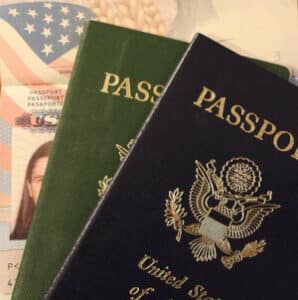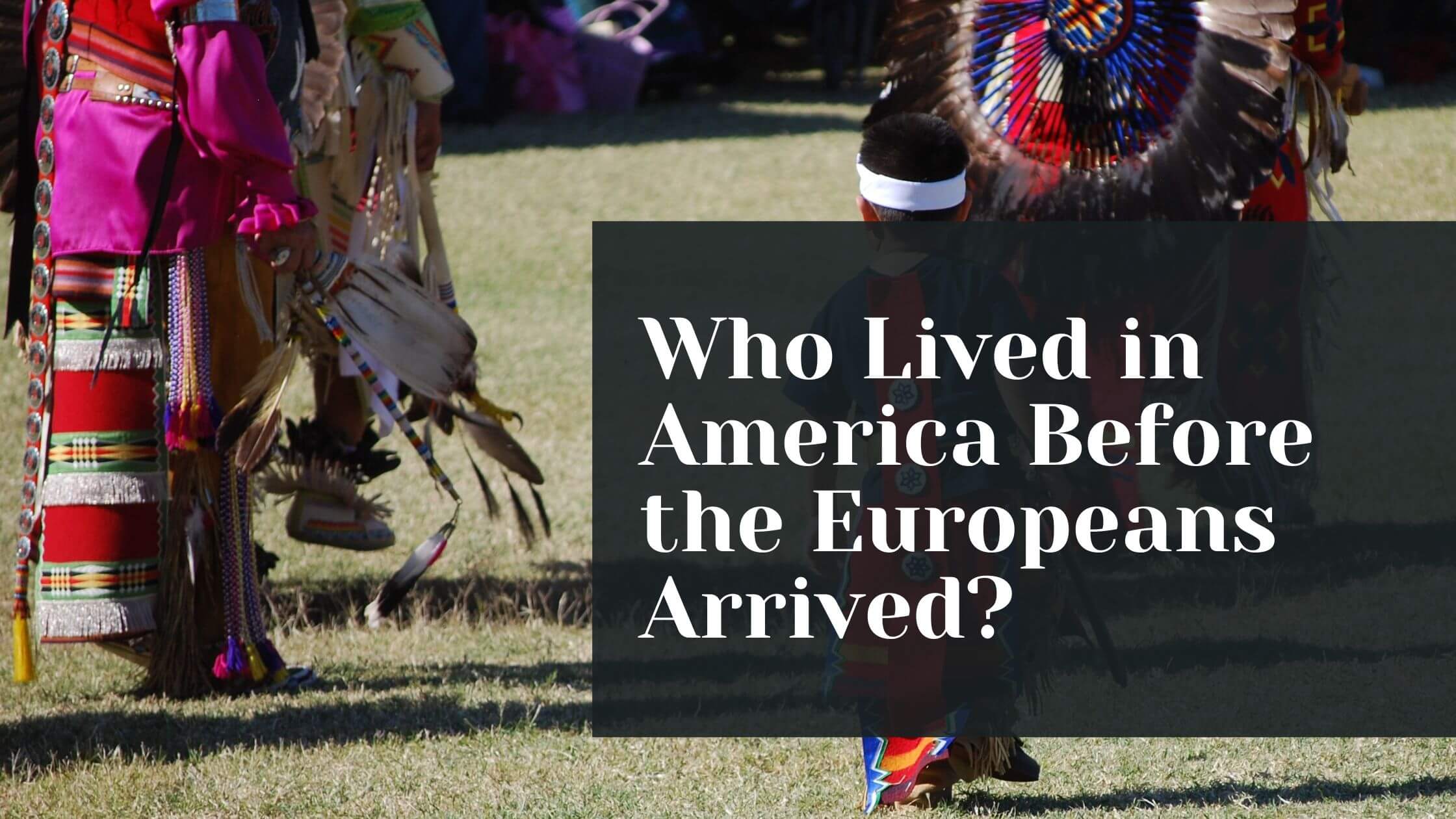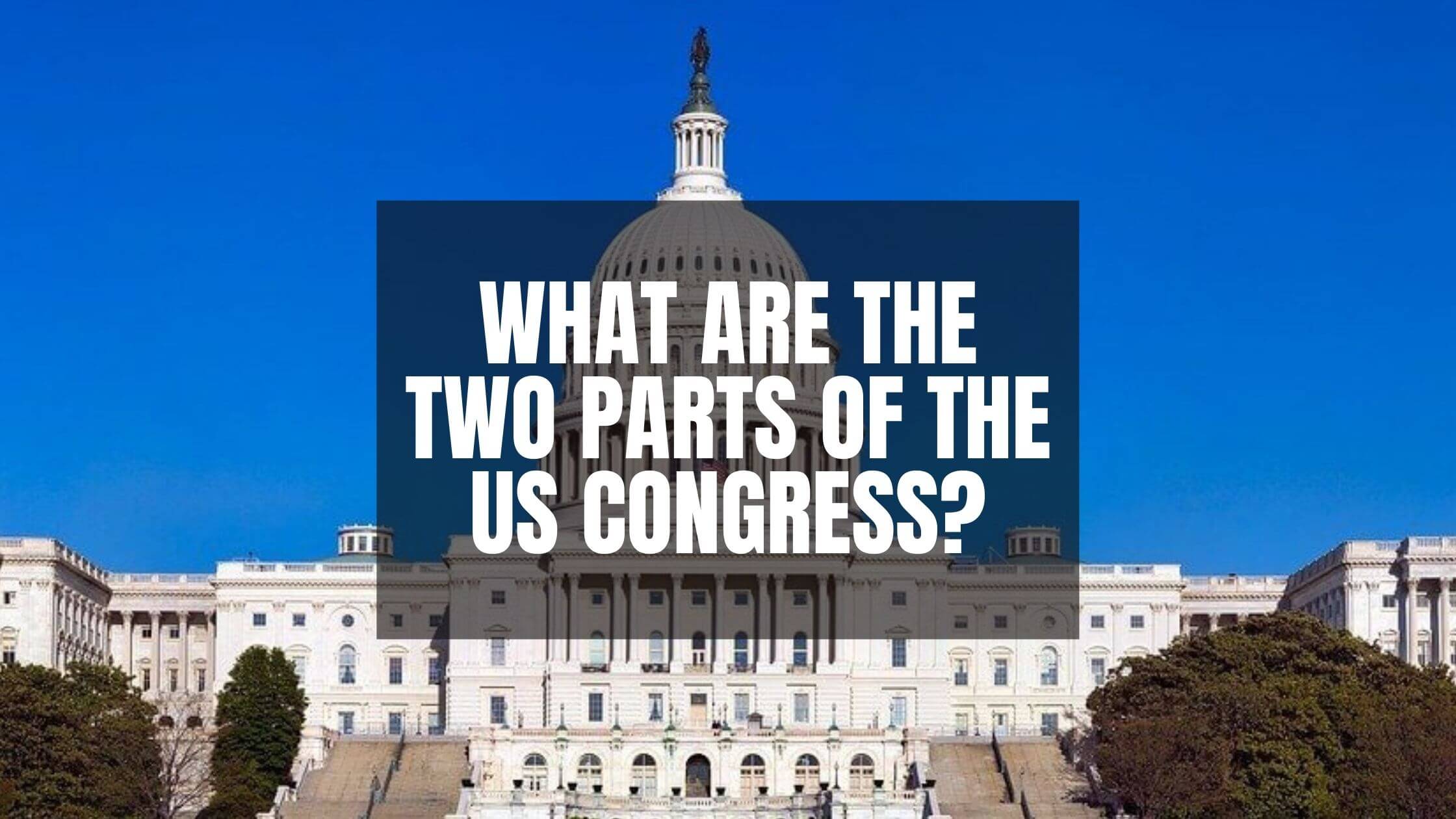Table of Contents
ToggleSources
- https://www.uscis.gov/citizenship/learn-about-citizenship
The official USCIS website provides authoritative information on the naturalization process in the United States, including eligibility requirements, application procedures, and the rights of naturalized citizens. - https://www.gov.uk/british-citizenship
The UK government's official website outlines the requirements and process for becoming a naturalized citizen in the UK, including residency, language, and knowledge tests. - https://www.unhcr.org/statelessness.html
The UNHCR provides reliable information on statelessness, including causes and global statistics, which supports the blog post's mention of refugees and stateless individuals. - https://www.history.com/topics/immigration/immigration-united-states-timeline
This source from History.com offers a detailed timeline of U.S. immigration laws and policies, including the Naturalization Act of 1795 and other historical acts mentioned in the blog post. - https://www.migrationpolicy.org/article/immigration-and-us-economy
The Migration Policy Institute provides research on the economic and political impacts of immigration, supporting the blog post's discussion on economic and political motivations for naturalization.
Key Points
- Naturalization is the process of granting legal citizenship to a non-citizen, either through application or automatically by statute.
- Common requirements for naturalization include swearing an oath to abide by the country's laws and meeting residency duration criteria.
- Some countries require applicants to demonstrate proficiency in the national language and may mandate language classes or schooling.
- Certain nations require applicants to renounce their original citizenship, though revocation depends on the rules of all involved parties.
- Economic and political motivations have historically influenced naturalization policies, such as post-WWII ethnic migration for better opportunities.
- In the US, naturalization grants the same rights as birthright citizenship, with varying historical criteria like residency and military service.
- The UK requires marriage to a UK citizen or civil partnership, residency, language proficiency, and passing the 'Life in the UK' test for naturalization.
- Illegal immigration has led to stricter regulations, such as the US Immigration Reform and Control Act, which includes residency requirements for naturalization.
- Historical acts like the Tydings-McDuffie Act and War Brides Act have shaped US naturalization policies for specific groups like Filipinos and soldiers' spouses.
- Statelessness due to global conflicts has increased the number of refugees without legal citizenship in their residing countries.
Summary
Naturalization is the process of granting legal citizenship to non-citizens, often requiring residency, language proficiency, and adherence to laws. Requirements vary by country—such as the U.S. (5-year residency) or the UK (3-5 years, language tests)—and may include renouncing prior citizenship. Historical policies, like post-war naturalization acts, have shaped current immigration laws, though statelessness and illegal immigration remain challenges.

Get Smarter on US News, History, and the Constitution
Join the thousands of fellow patriots who rely on our 5-minute newsletter to stay informed on the key events and trends that shaped our nation's past and continue to shape its present.
The rules for becoming a citizen might differ depending on the country one is becoming naturalized in. However, some commonly held rules between them all include swearing an oath to abide by the country’s laws set out by its government and has been a resident for a certain length of time.
What is naturalization?
Naturalization is the process by which a person who isn’t a citizen of a country is granted legal citizenship. It may require an application to be submitted or can be determined by statute, which means it is granted automatically without any action required from the newly made citizen.
Some Requirements for Naturalization
A foreign national might be required to grasp a certain level of the national language. Language classes or schooling may therefore be required.

Certain countries will ask the applicant to renounce their original citizenship to avoid applicants holding multiple citizenships. However, whether or not this will lead to their original citizenship being formally revoked will be determined by the rules laid out by all parties involved.
With the rise in the number of refugees resulting from the wars worldwide, many have been left stateless. This means that they don’t hold legal citizenship for the country in which they resided.
Economic and political motivations
After World War Two, many being granted naturalization had been ethnic migrants who were moving countries to seek a better life. In a bid to provide aid and help to the migrants and benefit the country both economically and politically, many were granted access and given citizenship.
Subsequently, children were allowed to be born into citizenship if they had a non-native parent who was married to someone from that country or if they had ancestry with native ties linked. Such an eligibility requirement was put in place as a measure to try and cap the number of people granted nationalization while at the same time providing grace to allow some to hold this right.
For some nations, though, many of the migrants that have settled in their countries are still illegal immigrants by status.
Unites States (US)
According to immigration law, under the Immigration and Nationality Act (INA), a person who isn’t a United States citizen can be granted citizenship through naturalization. They will hold the same rights as those granted citizenship by birth.
The Naturalization Act of 1795 stipulated that a person would have been allowed naturalization if they were considered a “free White person” and had held continuous residence for a minimum of five years within the country.
In 1862, a law was passed that saw war veterans with an honorable discharge being granted naturalization if they had served one year as a permanent resident within the United States. Two years later, the law was extended to allow veterans serving for at least five years as a Marine or in the Navy who have been honorably discharged to be allowed citizenship by way of naturalization.

After the Spanish-American War of 1898, citizens of the Philippines were considered United States citizens, and those from Puerto Rico were granted United States citizenship status in 1917. However, the Tydings-McDuffie Act of 1934 saw those from the Philippines being classed once more as non-citizens by birth, and so they placed a cap on only 50 new Filipino citizens being welcomed each year.
With the Magnus Act in the 1940s, 100 citizenships were granted to those coming from British India and the Philippines. A soldier’s wife could become a naturalized US citizen through marriage in accordance with the War Brides Act, which was enacted in 1945. Then in 1865, the Immigration Act saw those from countries across the world being allowed equal rights to naturalization and citizenship within the United States.
Illegal immigrants rose in numbers throughout the 20th century. The Immigration Reform and Control Act was enforced to allow naturalization for those having four years of residency in the US and place stricter regulations on border entry.
Currently, one can submit a naturalization application for United States citizenship and become a naturalized US citizen if the person is a lawful permanent resident and has lived in the United States for at least five years. Laws allow those who apply for citizenship and are married to a United States citizen to be granted naturalization after only three years when passing the citizenship test.
United Kingdom (UK)
To become a naturalized citizen in the UK, one must be married to or engaged in a civil partnership with a UK citizen. They also must:
- have indefinite leave to remain in the country (or Right of Abode or Irish nationality alternatively)
- have been a resident within the UK for at least three years
- have not left the UK for more than 90 days within the previous year before the completion of the application
- Pass the Life in the United Kingdom test (or have attended English language classes) to show that adequate knowledge of the life and language of the UK is held.

If the person hasn’t been married to a UK citizen or is in a civil partnership with one, they must meet the following criteria:
- five years residency
- indefinite leave to remain for at least 12 months
- intend to live in the UK or work for a UK governmental organization overseas
- language and life knowledge required (meeting the same standards as above).
What Is Naturalization? Quiz
Frequently Asked Questions
What is naturalization?
What are some common requirements for naturalization?
What are the residency requirements for naturalization in the United States?
What are the requirements for naturalization in the United Kingdom?
How did historical events influence naturalization laws in the United States?
How useful was this post?
Click on a star to rate it!
Average rating / 5. Vote count:
No votes so far! Be the first to rate this post.
We are sorry that this post was not useful for you!
Let us improve this post!
Tell us how we can improve this post?







